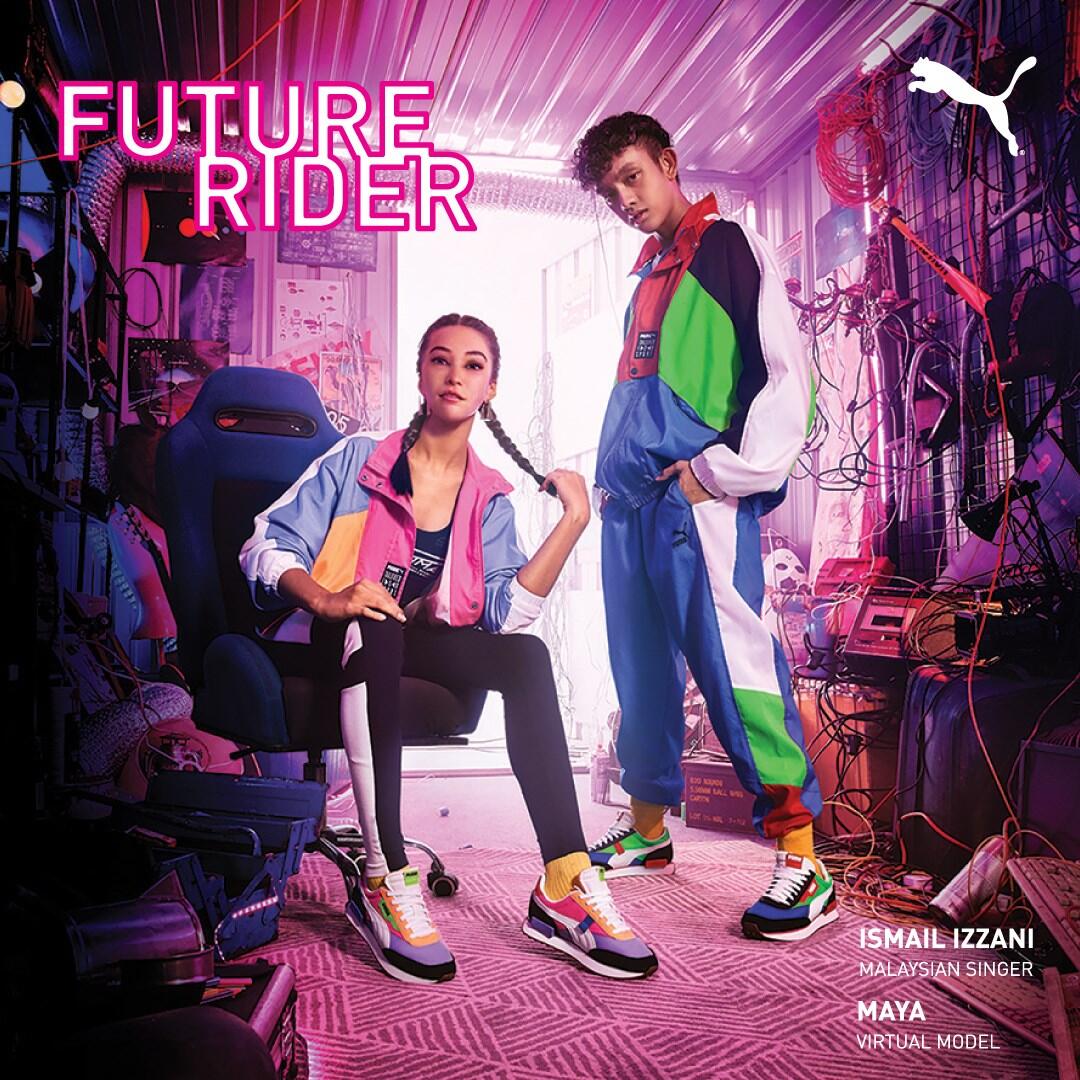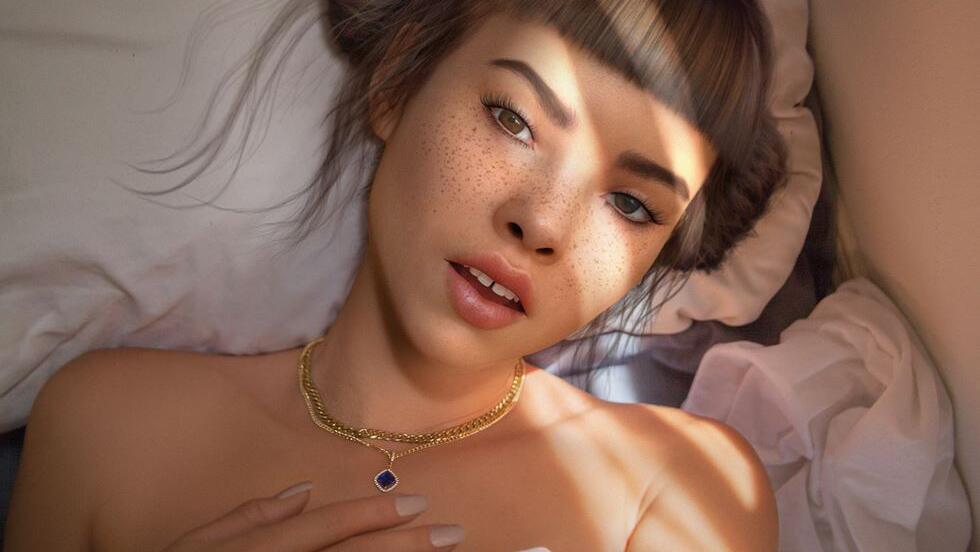The fashion industry has always been at the forefront of innovation, and the emergence of AI virtual influencers is the latest trend reshaping the landscape. These digital personas, created using advanced artificial intelligence and computer graphics, are becoming increasingly popular among high-profile brands for their ability to engage audiences in unique and controlled ways.
AI virtual influencers are digital characters designed to interact with audiences on social media platforms like Instagram, TikTok, and YouTube.
Unlike human influencers, they are entirely computer-generated and can be programmed to exhibit specific personalities, styles, and behaviours. This allows brands to maintain a consistent and controversy-free representation of their products and values.
Why Brands are Embracing AI Virtual Influencers
There are several reasons why brands are turning to AI virtual influencers:
1. Control and Consistency: Virtual influencers eliminate the risk of off-brand behaviour or public controversies that can arise with human influencers.
2. 24/7 Availability: Unlike human influencers, AI virtual influencers can engage with audiences around the clock without the need for breaks or rest.
3. Customisation: Brands can tailor the appearance, personality, and storylines of virtual influencers to align perfectly with their marketing campaigns.
4. Cost-Effectiveness: While the initial development of a virtual influencer can be costly, maintaining them is often more affordable than paying ongoing fees to human influencers.
Puma's Experience with Maya
Puma's partnership with Maya, Southeast Asia's first virtual influencer, was a strategic move to tap into the growing trend of virtual influencers. Maya was created to reflect the diverse beauty of Southeast Asia and was used to promote Puma's Future Rider sneakers. However, despite initial success, Puma decided to discontinue using Maya in 2020. The reasons for this decision have not been publicly disclosed, but it could be attributed to various factors such as changing marketing strategies, audience reception, or the evolving landscape of influencer marketing.

Current AI Virtual Influencers in Fashion
Several AI virtual influencers have gained significant popularity in the fashion industry:
- Shudu Gram (@shudu.gram): Created by photographer Cameron-James Wilson, Shudu is a digital supermodel who has been featured in fashion campaigns and has a significant following on social media.
- Noonoouri (@noonoouri): A 19-year-old vegan activist and model from Munich, Noonoouri regularly engages with her 472k followers on Instagram and collaborates with luxury fashion brands like Versace.
- Lu of Magalu (@magazineluiza): Created by Brazilian retail brand Magazine Luiza, Lu is one of the earliest virtual influencers and has collaborated with brands like Samsung and Intel.
- Lil Miquela (@lilmiquela): One of the most well-known virtual influencers, Lil Miquela has collaborated with numerous high-profile brands, including Calvin Klein and Prada.
Never heard of Lil Miquela?
Lil Miquela (@lilmiquela), a computer-generated avatar created by the Los Angeles-based AI firm Brud, has become one of the most recognisable virtual influencers in the fashion industry. Since her debut on Instagram in 2016, Lil Miquela has amassed a substantial following, currently boasting over 2.5 million followers. Her unique blend of fashion, music, and social activism has made her a prominent figure in the digital world.
Lil Miquela's influence extends beyond fashion; she is also known for her advocacy on social issues such as Black Lives Matter and transgender rights. Her ability to engage with her audience on these topics has further solidified her position as a socially conscious influencer.
Lil Miquela's success demonstrates the potential of virtual influencers to create meaningful connections with audiences and drive brand engagement.
The rise of AI virtual influencers signifies a transformative shift in the fashion industry and beyond. Brands like Calvin Klein, Prada, and Versace have successfully integrated virtual influencers into their marketing strategies, leveraging their consistent and tailored personas to connect with digital-savvy audiences. As technology continues to advance, more brands are likely to adopt AI virtual influencers to enhance their marketing efforts.
These digital personas offer a blend of reliability and innovation, providing brands with the ability to control their messaging and engage with consumers in fresh, dynamic ways.
The future of marketing will likely see an increase in the use of virtual influencers, as they offer a unique combination of creativity, consistency, and cost-effectiveness.
As brands continue to explore and invest in AI technology, the impact of virtual influencers is poised to grow, reshaping the landscape of digital marketing and consumer engagement.
